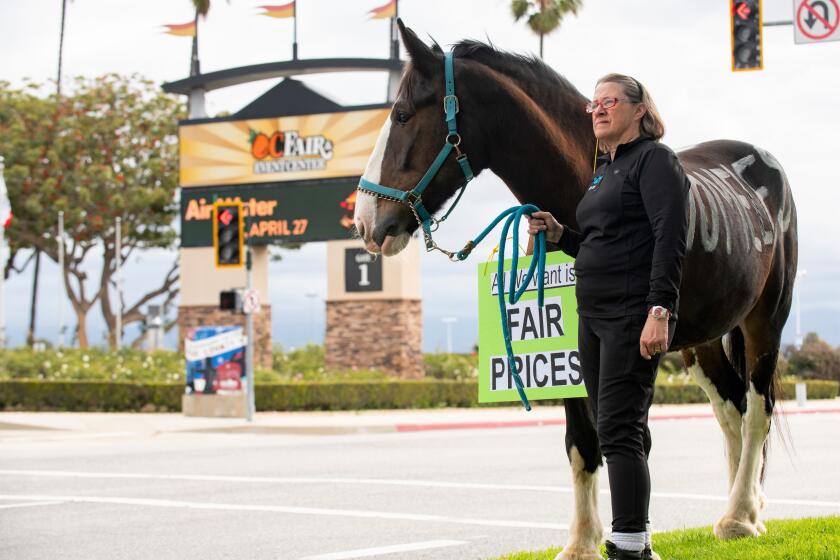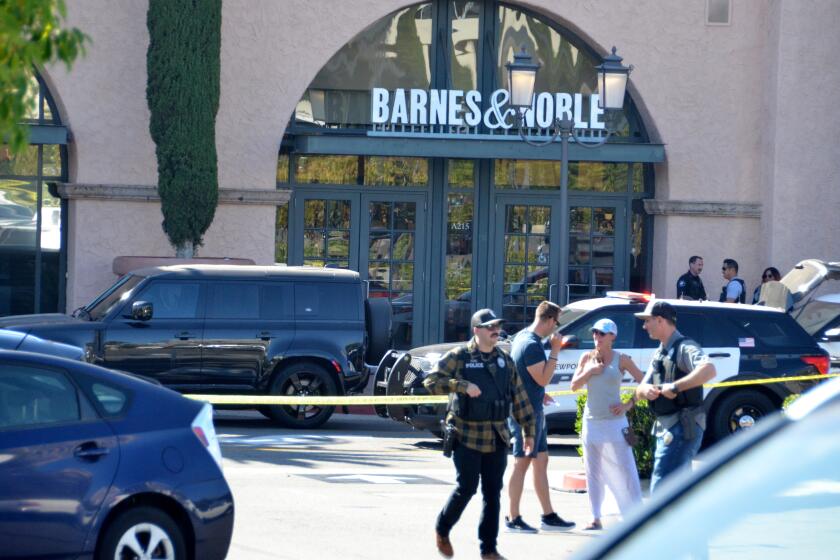Following passage of Measure O, Huntington Beach continues preparing for cannabis sales

Cannabis sales could be coming soon to Huntington Beach, which would make Surf City one of just three cities in Orange County to allow weed dispensaries.
The Huntington Beach City Council voted 4-2 on Nov. 15 to instruct staff to draft a zoning text amendment, which would delete the existing cannabis business prohibition in the city and allow cannabis activities.
The land-use amendment will go before the Planning Commission at its next meeting, set for Dec. 13. If it passes then, it would return to the City Council for final approval on Jan. 17.
The vote came on the heels of the city passing Measure O, which will allow Huntington Beach to tax cannabis businesses up to 6% for retailers and 1% for all other cannabis businesses. Measure O passed with the approval of 54.7% of the city’s voters.
City staff estimates those taxes would generate $300,000 to $600,000 annually to fund general municipal services for Huntington Beach.
Santa Ana and Costa Mesa are currently the only cities in the county that allow weed dispensaries. Costa Mesa passed Measure Q in 2020. It was similar to Huntington Beach’s Measure O, but the permitting process has been long and complicated.
Huntington Beach Mayor Barbara Delgleize and Councilmembers Dan Kalmick, Natalie Moser and Rhonda Bolton voted in favor of repealing the ban, with Mayor Pro Tem Mike Posey and Councilman Erik Peterson voting against. Councilwoman Kim Carr was absent.
“If we choose to not continue this process, I’m confident that the industry will put a ballot initiative on because the tax is in place,” Kalmick said. “They’ll go ahead and write their own ordinance, write their own rules, and we’ll be out of the driver’s seat again.”
The vote includes allowing retailers as long as there is a 1,000-foot buffer from all K-12 schools and a 600-foot buffer from licensed commercial day-care facilities, parks and youth centers. Also, the downtown and Sunset Beach areas would be excluded from having the dispensaries.
Delivery-only retail would be permitted in industrial zones, while retail would be allowed in multi-storefront buildings.
There was much discussion of the buffers and how far they should extend. A letter to the council from Ocean View School District Supt. Michael Conroy and Board of Trustees President Gina Clayton-Tarvin, dated Nov. 1, reiterated that they felt that the 1,000-foot buffer from schools needed to be in place.
Peterson said he was against the item, adding that he thought the industry could put together a better plan than the City Council could.
“Everyone I’ve talked to, they want 1,000 feet [buffer] from everything,” he said. “I just don’t think that the 600 feet from sensitive uses is enough.”
Bolton countered that to her, the cannabis issue was one of local control.
“I don’t think it’s logical for us to complain about a lack of local control in other circumstances, but then we give up local control when we do have it,” she said. “If we do not act, then yes, we will have someone come in. And their proposal is not going to have 1,000-foot buffers, and their proposal is not going to have a cap of 10 retail locations. They’re in the business of maximizing profits.”
Posey said he was voting no partially because he wasn’t convinced that the generated revenue would exceed the social costs.
“It’s really a philosophical difference, though your technical points are well-received,” he said. “I still believe in the prohibition in sale, for the reasons I’ve stated. We can argue about how prohibition on alcohol didn’t work and the war on drugs doesn’t seem to be working, but I’m still philosophically opposed.”
All the latest on Orange County from Orange County.
Get our free TimesOC newsletter.
You may occasionally receive promotional content from the Daily Pilot.




